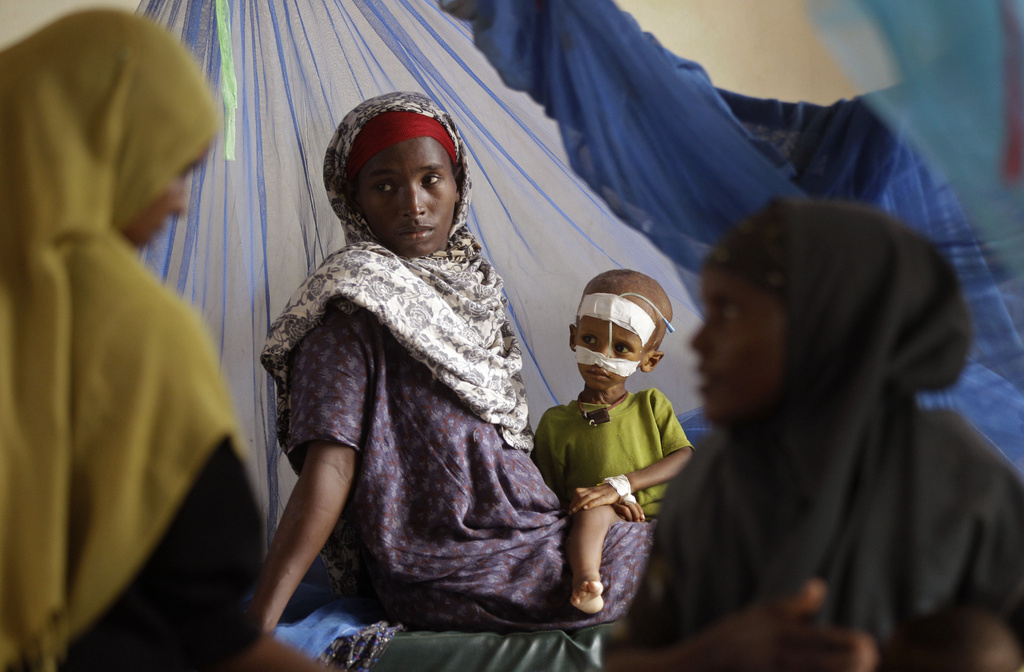Aid to Ethiopia to be increased to CHF10 million

Switzerland and Ethiopia have signed a framework agreement on humanitarian aid and technical and financial cooperation. It focuses on food security, managing natural resources, social development and the protection of refugees and internally displaced persons.
The agreement, which enters into force immediately, was signed in Addis Ababa on Wednesday by the head of the Swiss Agency for Development and Cooperation (SDC), Manuel Sager, and the Ethiopian minister for finance and economic development, Ahmed Shide.
The cabinet approved the framework agreement on July 1. Expanded longer-term cooperation is part of the cabinet’s regional strategy for the Horn of Africa, which since 2013 has been a priority region of Swiss development cooperation.
In 2014, Switzerland spent CHF8.4 million ($8.8 million) on humanitarian aid and development projects in Ethiopia and is planning to increase this amount progressively to around CHF10 million a year in the coming years.
The foreign ministry said these resources would enable rural populations in the arid southern and south-eastern parts of the country to better manage the cycle of recurring natural disasters and to use and secure their natural resources more sustainably.
“For this reason Switzerland is supporting, among other things, efforts to strengthen both human and animal health systems in shepherd communities, improve the storage of agricultural products and protect displaced persons,” it said in a statement.
Dependent on support
Ethiopia remains one of the poorest countries in the world, the foreign ministry noted. Two-thirds of the roughly 94 million inhabitants live on less than CHF2 a day. Many of them are undernourished or malnourished.
Droughts and flooding are becoming more frequent as a result of climate change and their impact is being exacerbated by deforestation and erosion. This primarily affects rural communities, which account for more than four-fifths of the population.
At the same time, Ethiopia is experiencing strong economic growth. The country has set itself the target of becoming a middle-income country by 2025. The lion’s share of public investment therefore goes into expanding public infrastructure: roads, electricity and water supply, schools, healthcare facilities and communications infrastructure.
Despite considerable improvements to public services, the country is still heavily dependent on outside support, in particular with regard to dealing with the consequences of natural disasters.
In addition, as a result of its open-door policy, Ethiopia hosts more than 600,000 refugees – the largest number in the African continent – and there are about 400,000 internally displaced persons in the country.

In compliance with the JTI standards
More: SWI swissinfo.ch certified by the Journalism Trust Initiative












You can find an overview of ongoing debates with our journalists here . Please join us!
If you want to start a conversation about a topic raised in this article or want to report factual errors, email us at english@swissinfo.ch.